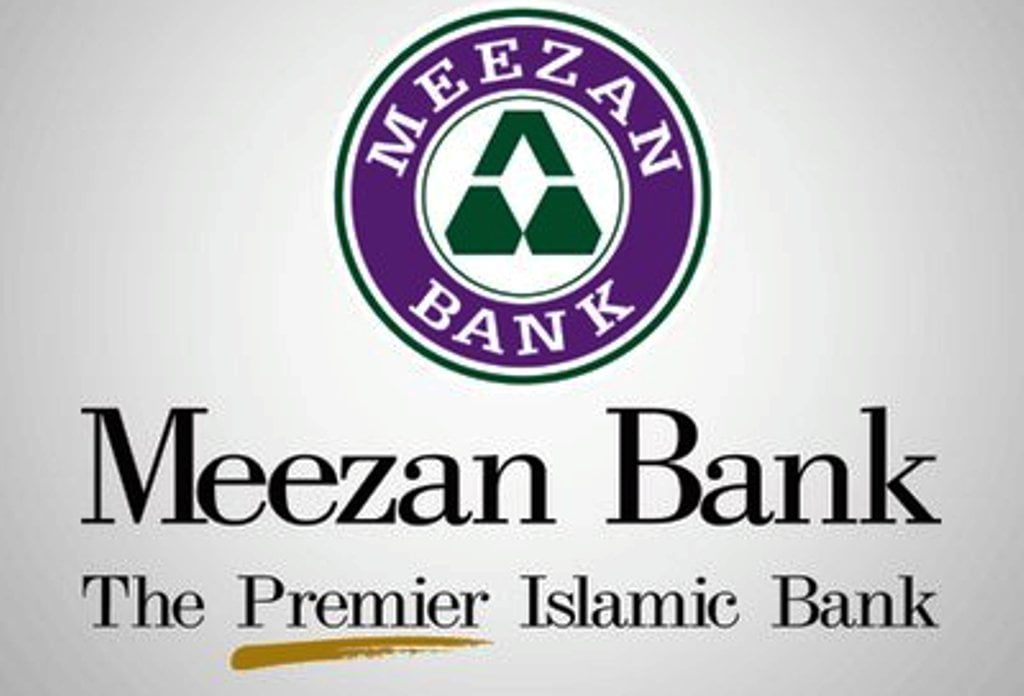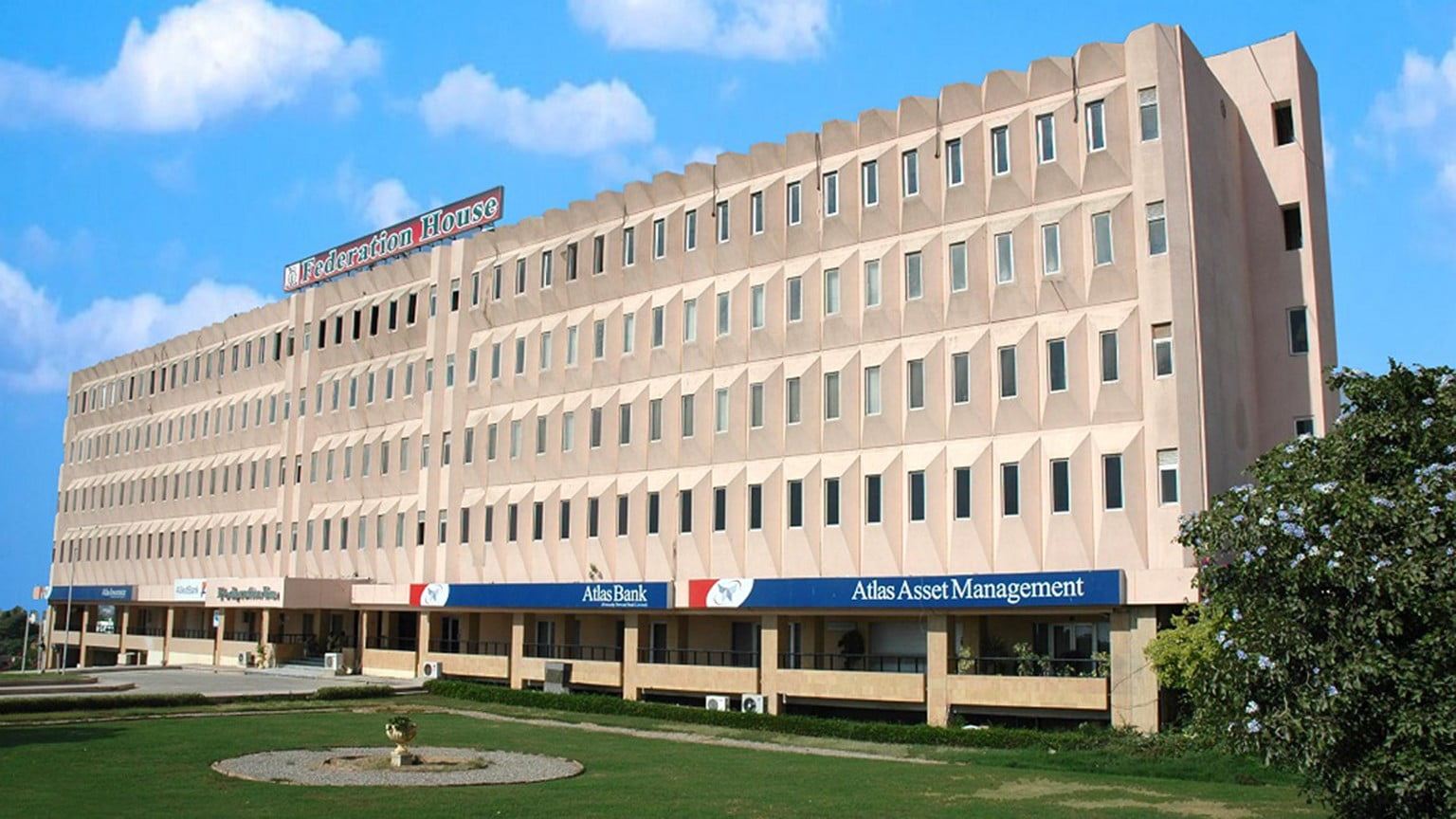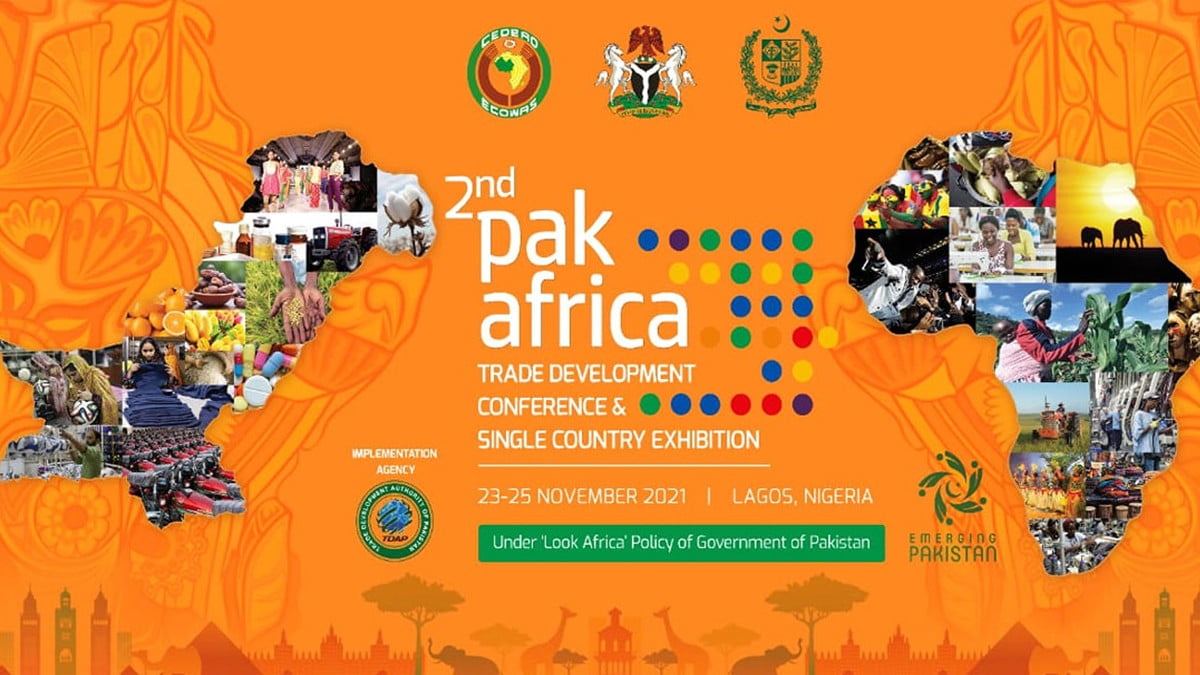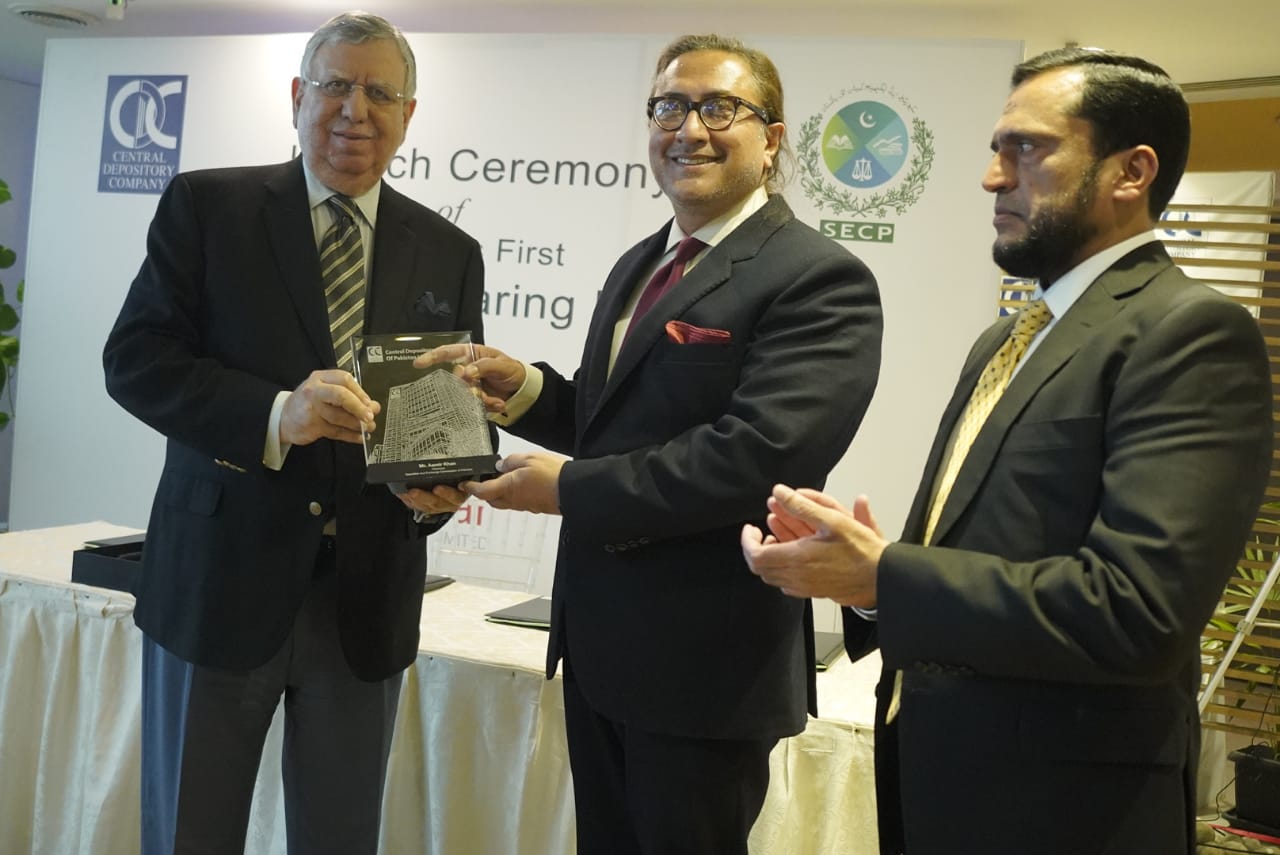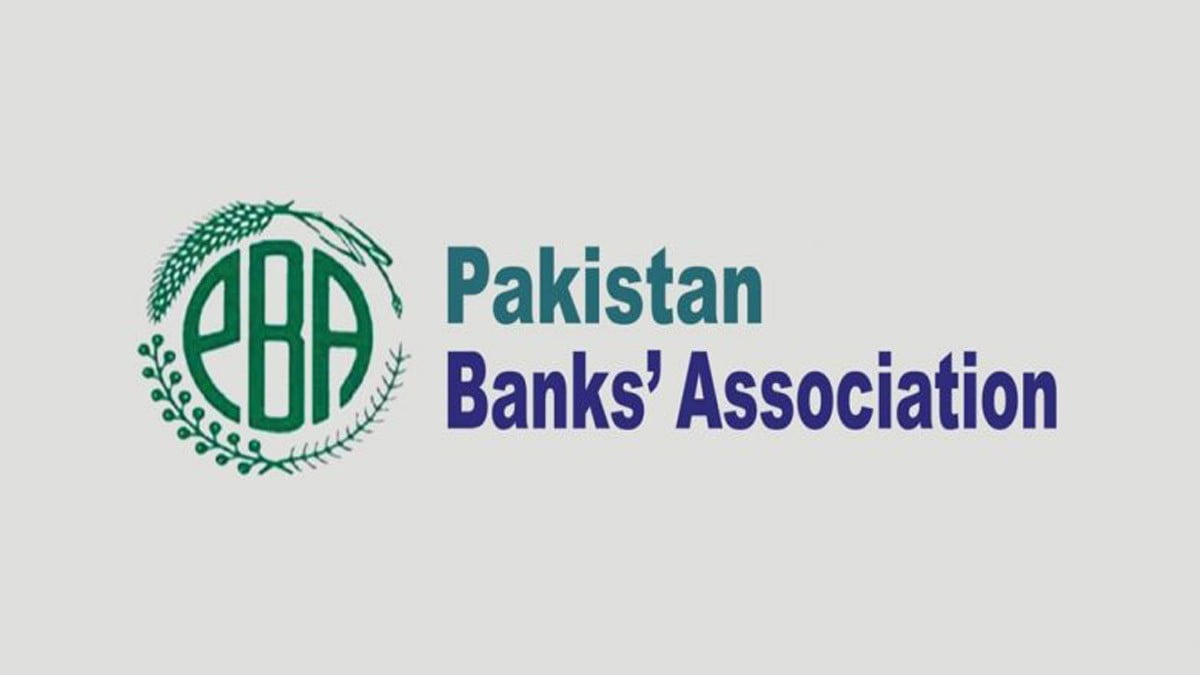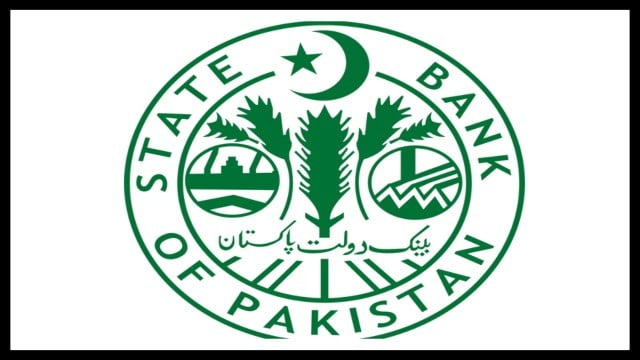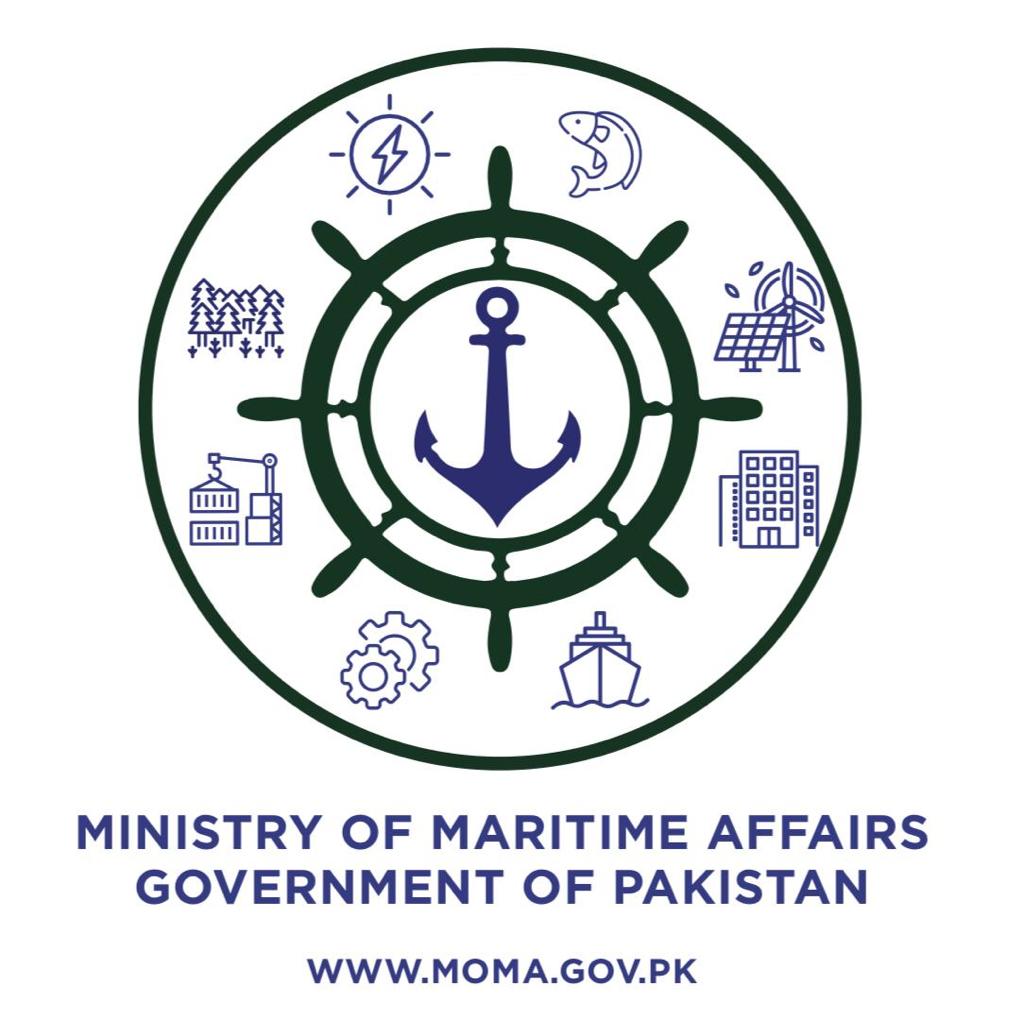The conference was very well attended by business men and officials from ECOWAS member states specially Nigeria. While addressing the conference, Mr. Abdul Razak Dawood declared that Africa was “a promising continent and land of opportunities”. He also called for closer economic ties with Africa to harness mutual benefits in trading activities with Pakistan.
According to Dawood, until now, Africa has been a distant frontier for Pakistan, economically, with the trade volume not very high. It has hovered around only three billion dollars, but the good news is, ever since we created the ‘Look Africa Policy’, our trade is increasing. Exports to Africa in first four months have increased by 21 percent.
“Soon after coming into power, the Prime Minister of Pakistan took the initiative and asked the ministry of commerce to look at regional connectivity and, in particular, look at Africa.
“As a result of that, we developed a ‘look Africa policy’ and we analyzed all the 54 countries of the continent and our study showed a promising continent and a land of opportunity.

“Our vision is to get closer and set a target of doubling our export in the next five years; we are looking at regional connectivity. We are not only looking at Africa. We are equally looking at Asia as well.
“We were trying to get positive results after the first conference in Kenya, but due to the pandemic, we could not come to this country until this time and we will be coming back to Nigeria next year,” he said.
He added that no cooperation was possible without the business men and women from Africa and Pakistan, urging governments of both groups to facilitate robust collaboration.
Speaking earlier, the High Commissioner of Pakistan to Nigeria, Mr Muhammad Azam, said that with global priorities moving away from geo-politics to geo-economies all over the world, national policies must focus on transformation via multiple facets.
“African continent is the largest free trade area with 1.2 billion persons market.“It has tremendous business potentials and resources to benefit its market and government of Pakistan.“ The ‘Look Africa Initiative’ aims at improving trade and investment relationship between Africa and Pakistan.
“The Pakistan trade development conference, a single country exhibition, is the manifestation of the initiative undertaken by the Pakistani ministry of commerce. “In the post-COVID-19 environment, this conference will enable the business communities of Pakistan and Africa, especially the Nigerian business community, meet with 100 Pakistani companies to interact with each other,” he said.
Adebayo, Minister of Industry, Trade and Investment, says Nigeria is well prepared for the African Continental Free Trade Area (AfCFTA) with policies and initiatives being implemented by the Federal Government. He welcomed Pakistan’s look Africa Policy and thanked for choosing Nigeria as host for the 2nd PATDC and Exhibition.
Also, Mr Adeshina Emmanuel, Director, Investment Promotion, NIPC, said Nigeria was Africa’s biggest economy with a population of over 200 million people.
Emmanuel said: ” Nigeria is the ideal gateway economy for leveraging the AfCFTA.
“Nigeria is more than ready than most African economies. The AfCFTA will expand market for Nigerian goods and services, creating jobs and economic growth.”
He said that many Nigerian companies, particularly in the service sector, had long developed capacity to serve the rest of Africa which would be further boosted by the AfCFTA and Pakistani companies can benefit by partnering with Nigerian companies.
Lagos State Governor, Mr. Babajide Sanwo-Olu, adviced the African Continent and the Pakistani Government to explore using emerging technologies to improve their trade and business environment, during the 2nd Pakistan-Africa Trade Development Conference and Single Country Exhibition, on Tuesday on Victoria Island. He said that it was an encouraging sign of the post-pandemic recovery that the world is finally opening up again, for travel, for business, and for connection.
Sanwo-Olu said the COVID-19 pandemic has affected global travel, affected trade, tourism, supply chain; even the way people greet and communicate. ”So a conference and an exhibition of this nature, taking place as the world slowly reopens, offers a unique opportunity for us to rethink the ways for us to bring about new ways and new paradigm shift. ”And it will be a way in which we do business and create and trade and investment across our various countries and continents. ”We must trade and invest for the new world that the pandemic has created for us and not for the pre-pandemic versions of the world, which has gone for good.” This includes exploring ways of wrapping up the use of new and emerging technologies to improve the trade and business environment and to maximize the benefits of global trade,” he said.
The governor called on the Pakistanis to explore the business opportunities inherent in the African countries, especially in the West African region, for economic growth.” I have no doubt that your presence here will be greatly rewarded, in terms of successful business connections and trade deals that you all will be signing,” he said.
Sanwo-Olu also commended the ”Look African” policy of the Pakistani government, which he said, recognized the immense opportunity of Africa as a home to the world’s largest free trade area. He said that the Look African policy recognized Africa as the home to some of the fastest-growing economies in the world, and the pool of the world’s largest population of young people.
The Single country exhibition started on 24th Nov 2021, over 3000 visitors attended on the first day and five MOUs were signed by Pakistani Pharmaceutical companies, with trade deals worth USD 6 million with Nigerian Companies and a Senegalese company.

